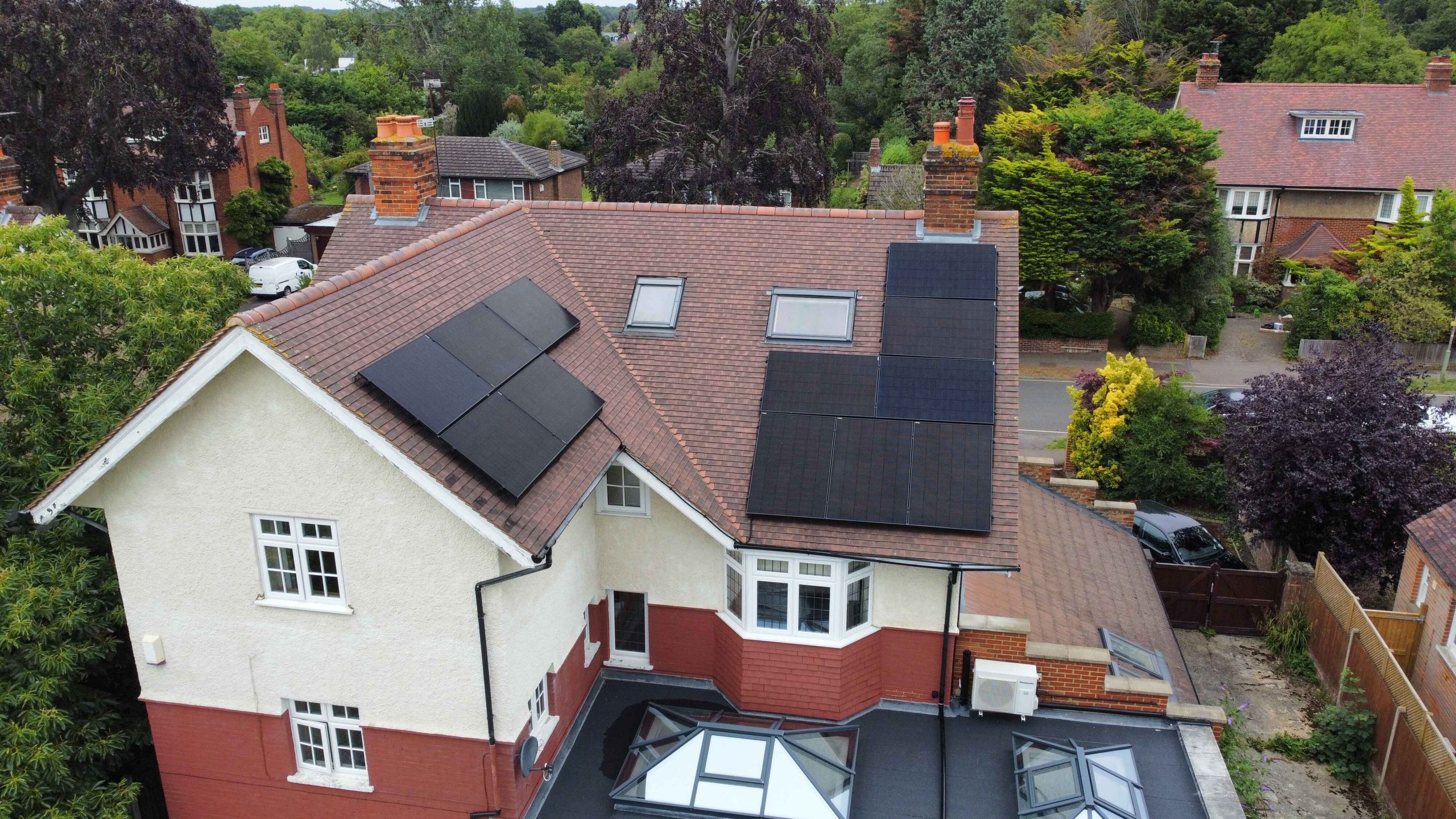As homeowners increasingly seek sustainable energy solutions, understanding solar panel watts becomes essential. Solar panels convert sunlight into electricity, and their efficiency is often measured in watts. This guide will help you grasp the concept of solar panel watts, how they impact your energy needs, and how to choose the right solar system for your home.
What Are Solar Panel Watts?
Solar panel watts refer to the amount of power a solar panel can produce under standard test conditions. This measurement is crucial because it determines how much electricity your solar panel system can generate. The wattage of a solar panel is typically indicated on the panel itself, and it can range from around 250 watts to over 500 watts for residential panels.
Understanding Wattage Ratings
The wattage rating of a solar panel is not just a number; it reflects the panel's efficiency and capacity to convert sunlight into usable electricity. For instance, a panel rated at 300 watts can produce 300 watts of power under ideal conditions. However, real world factors such as shading, orientation, and temperature can affect actual output.
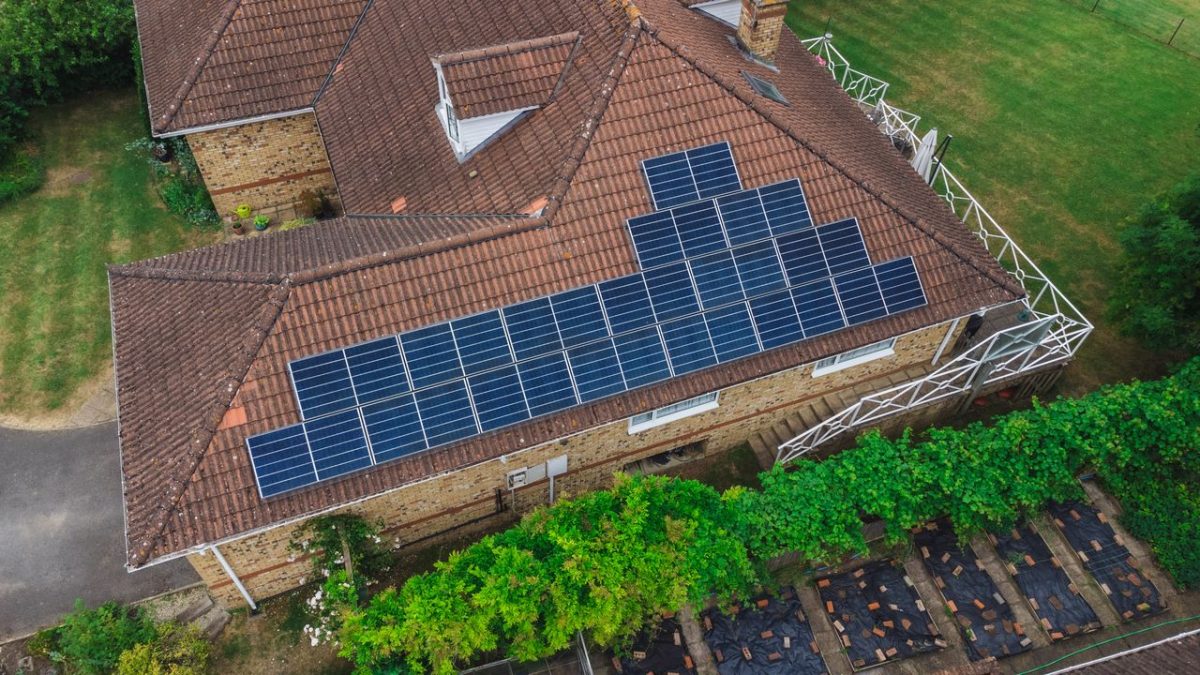
Factors Influencing Solar Panel Output
Sunlight Exposure
The more sunlight your panels receive, the more electricity they can generate. Panels facing south and installed at an optimal angle will perform better.
Panel Efficiency
Higher efficiency panels convert more sunlight into electricity. While standard panels may have efficiencies around 15-20%, premium panels can exceed 22%.
Temperature
Surprisingly, solar panels can become less efficient at higher temperatures. They perform best in cooler conditions, so it's essential to consider your local climate.
Shading
Trees, buildings, or other obstructions can cast shadows on your panels, reducing their output. It's vital to assess your roof's shading before making a decision.
System Size
The total wattage of your solar system is determined by the number of panels you choose. A larger system can meet higher energy demands.
Calculating Your Energy Needs
To determine how many solar panels you need, start by calculating your energy consumption. Look at your recent electricity bills to find your average monthly usage in kilowatt-hours (kWh).
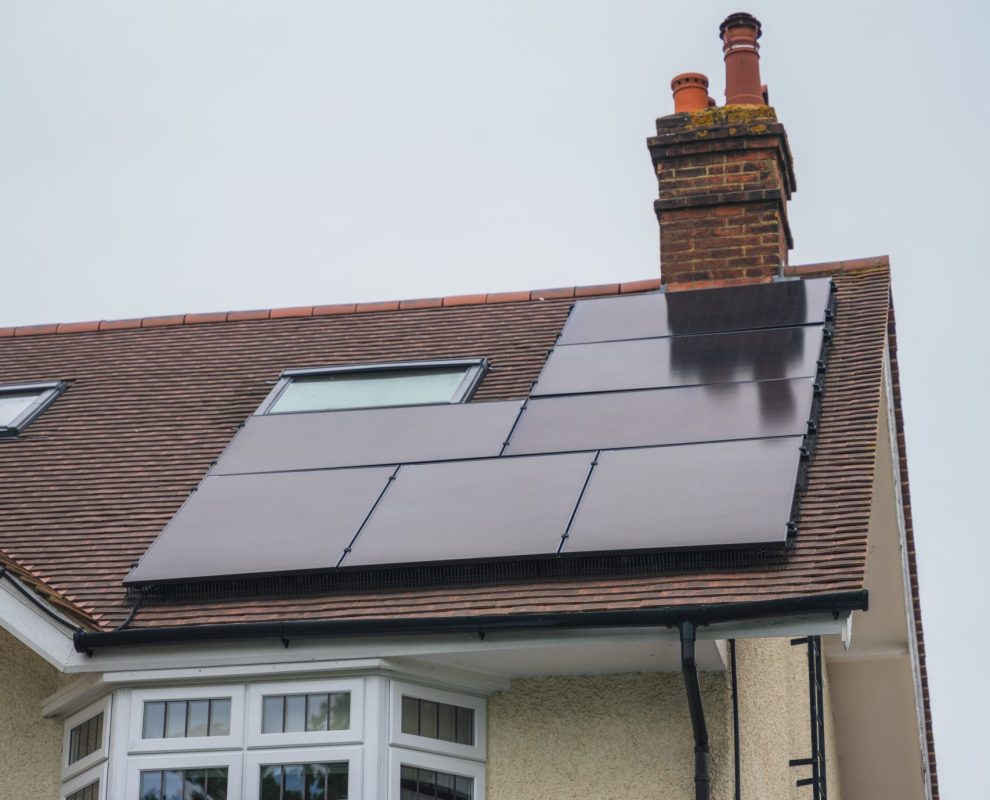
Formula to Estimate Solar Panel Needs
Find Your Monthly Usage
For example, if your monthly usage is 900 kWh, that’s your starting point.
Determine Daily Usage
Divide your monthly usage by 30 (900 kWh / 30 = 30 kWh per day).
Estimate Solar Production
A typical solar panel produces about 1 kWh per watt per day, depending on sunlight hours. If you have panels rated at 300 watts, they might produce around 1.5 kWh per day under optimal conditions.
Calculate Number of Panels
To meet your daily needs, divide your daily usage by the estimated daily output of one panel. For instance, if you need 30 kWh and each panel produces 1.5 kWh, you’d need about 20 panels (30 kWh / 1.5 kWh).
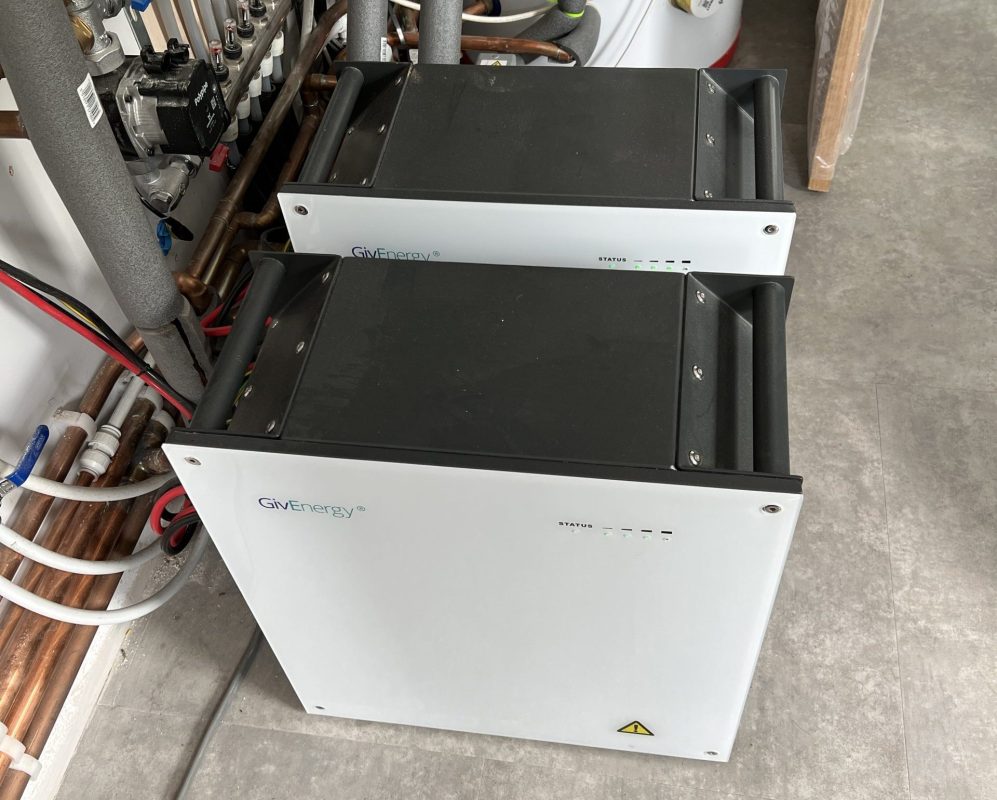
Choosing the Right Solar Panels
When selecting solar panels, consider the following:
Wattage
Higher wattage panels can produce more electricity, which may reduce the number of panels needed.
Efficiency
Look for panels with higher efficiency ratings, especially if roof space is limited.
Durability
Choose panels with a good warranty and proven track record for longevity.
Cost
While higher wattage and efficiency panels may cost more upfront, they can save you money in the long run through increased energy production.
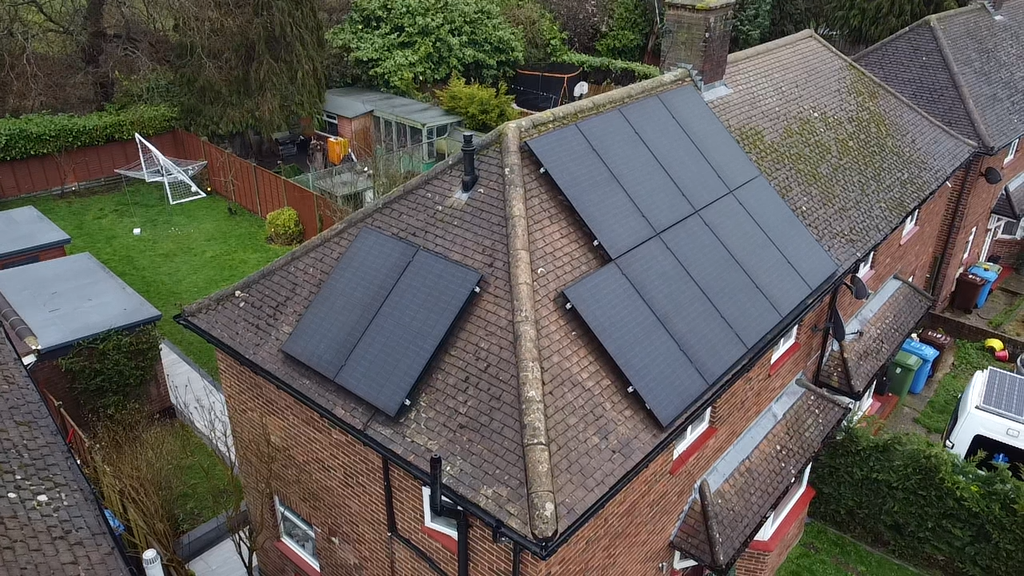
Advantages of Solar Panels
Investing in solar panels offers numerous benefits:
Reduced Energy Bills
By generating your own electricity, you can significantly lower your monthly energy costs.
Increased Property Value
Homes with solar panels often see an increase in property value, making them a wise investment.
Environmental Impact
Solar energy is clean and renewable, helping to reduce your carbon footprint and combat climate change.
Energy Independence
With solar panels, you rely less on the grid, providing more control over your energy supply.

Maximising Solar Panel Efficiency
To get the most out of your solar panel system, consider these tips:
Regular Maintenance
Keep your panels clean and free from debris to ensure optimal performance.
Battery Storage
Consider investing in battery storage systems to store excess energy for use during non-sunny periods.
Energy Management
Be mindful of your energy consumption habits. Using energy-intensive appliances during peak sunlight hours can maximise your solar output.
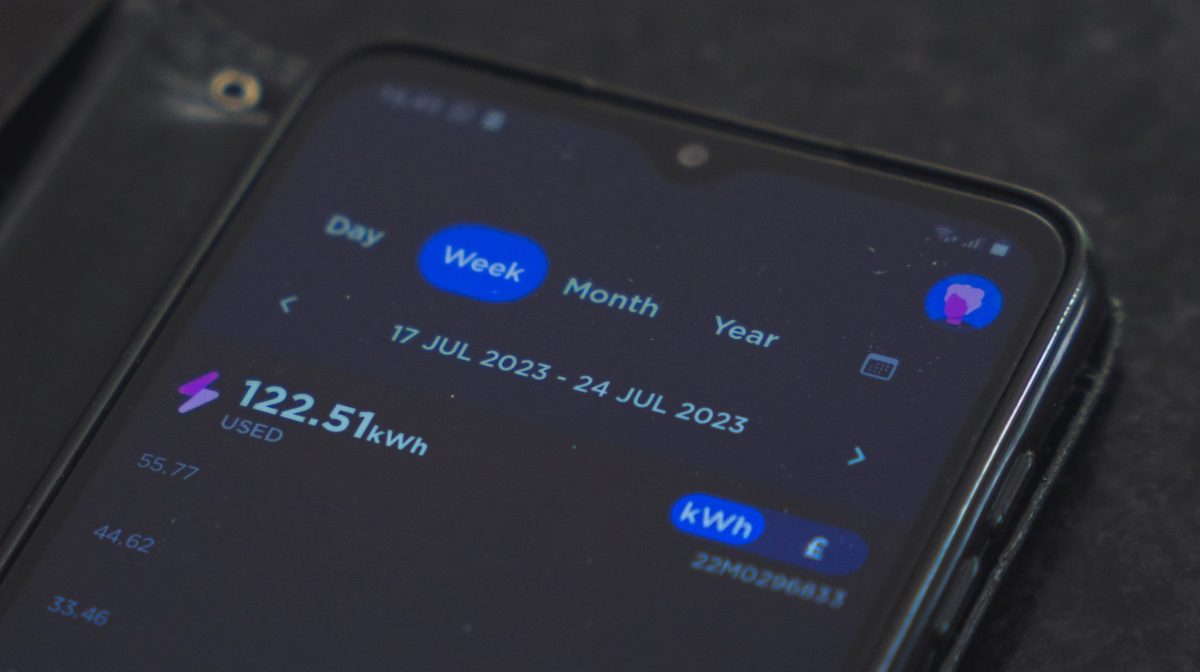
Take the Next Step Towards Solar Energy
Understanding solar panel watts is crucial for homeowners looking to invest in solar energy. By calculating your energy needs, selecting the right panels, and considering local factors, you can make an informed decision that benefits both your wallet and the environment.
If you're ready to explore solar panel options for your home, use our free online quoting engine today. Here at Jewel Renewables, our team is here to help you navigate the process and find the best solar solution for your needs.

Our Tree Planting Mission
Find out more
